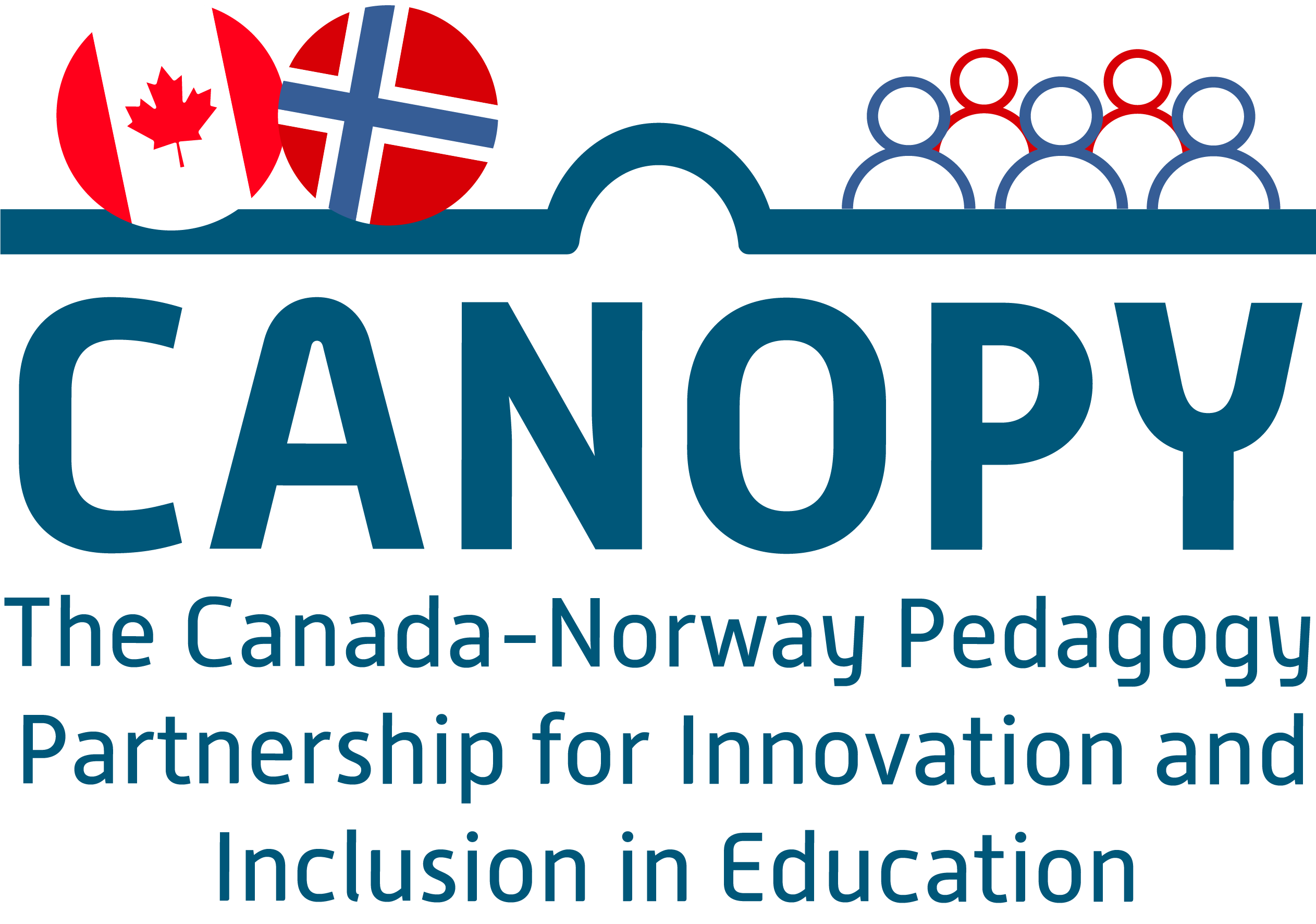An project submitted to the Faculty of Education and Arts at Nord University in conformity with the requirements for the Queen’s University International Alternative Practicum credit, administered by the CANOPY Project
April, 2022
- In Partnership with Nord University & The CANOPY Project
- Supervisor: Ingrid Elna Elden (Nord University)
From March to April of 2022, I participated in the Queen’s University/Nord University CANOPY project. This project allowed me the opportunity to explore an area of interest in the education field and create a final product that showcased my comparative research. My initial interest for this project was exploring how teachers in Norway and Ontario, Canada respond to global issues and events in the classroom. Considering the growing humanitarian crises in Ukraine, I became interested in how teachers and students in Norway and Ontario are responding to the crisis in the classroom. After conversations with teachers and careful examination of the Ontario and Norway curricula, I compiled my thoughts, reflections and findings into a website. My hope for this website and my research is that pre-service teachers and education students can use it as a resource for mindful and responsive teaching in times of global crisis.
Emma Coleman, a graduating teacher candidate from Queen’s University, participated in the 2022 IAP exchange with Nord University, hosted by the CANOPY Project. Under the supervision of Ingrid Elna Elden from the Faculty of Education and Arts, she undertook a comprehensive research project about teaching in times of crisis and produced an informational website of her findings.
You will find below an overview of her work. Visit the project website to see the full results.

In comparing the experiences of Norwegian and Ontarian teachers in teaching during/about global crises, I felt it was necessary to compare Norway’s national curriculum to Ontario’s provincial curriculum, specifically the social studies curricula. The purpose of this analysis was to compare the ways the curriculum guides teachers in teaching about global issues and to inform the questions I asked in my interviews. Because of this, this is not by any means a comprehension look at either curricula; rather, it is a comparison of the specific elements of the curricula that serve to answer my research question. Throughout this analysis, I make connections between the curricula and the answers I received in the interviews in order to give some real-world context to the key points in the curricula.
As part of my research I was given the opportunity to interview three teachers from Norway, as well as two teachers from Ontario, Canada. My goal for these interviews was to compare how teachers in Ontario and Norway are able to respond to global events and issues in the classroom, with particular focus on the ongoing crisis in Ukraine. Based on my practicum experience and conversations with my project supervisor, my assumption was that the experience of teaching during this crisis would be very different for Norwegian and Ontarian teachers. My questions for the teachers focused on how students typically react to global events/issues, what questions they ask about the Russian/Ukrainian crisis, and what strategies teachers use to respond to student concerns.
As the final component of my research process, I decided that it may be beneficial not only for my fellow student teachers, but for myself, to reflect on my experience and include my takeaways on this website. Below you will find my thoughts on the topics I discussed throughout my research, including some assumptions I had before research and what I learned from my conversations with the teachers I interviewed.
